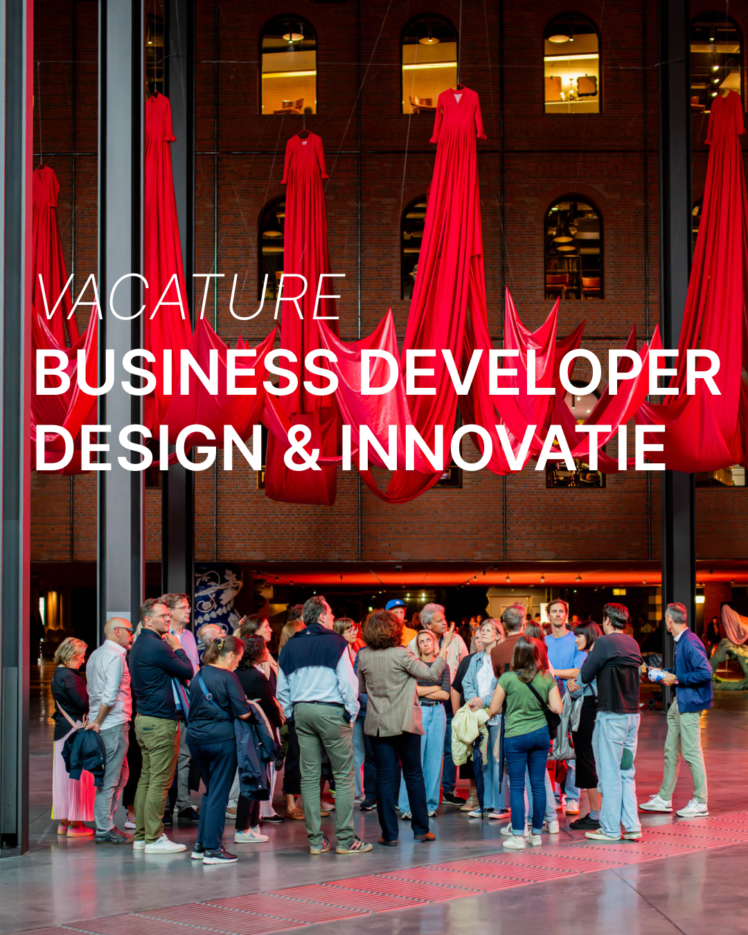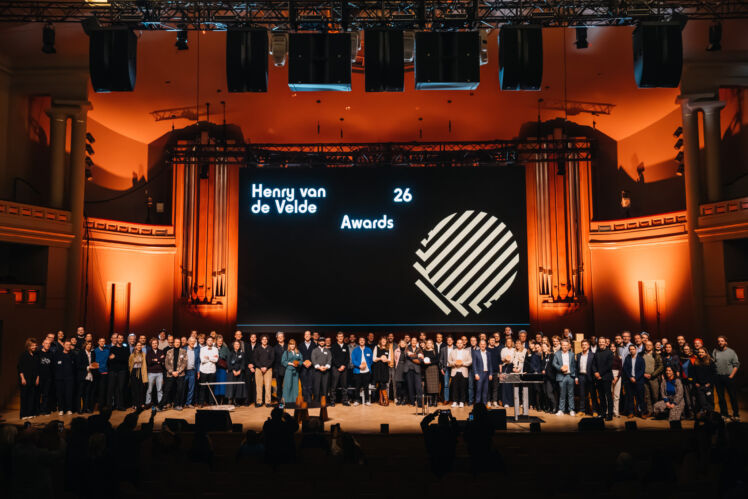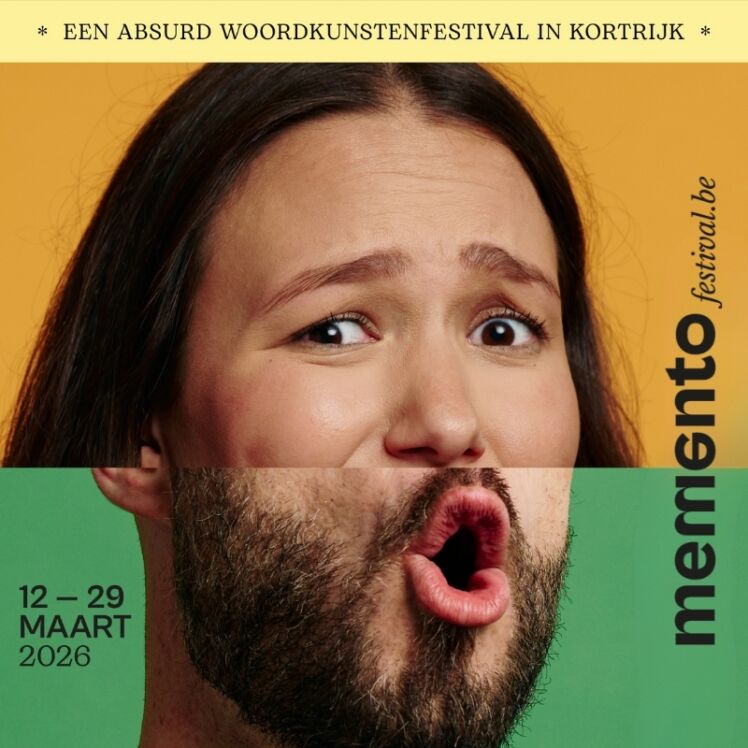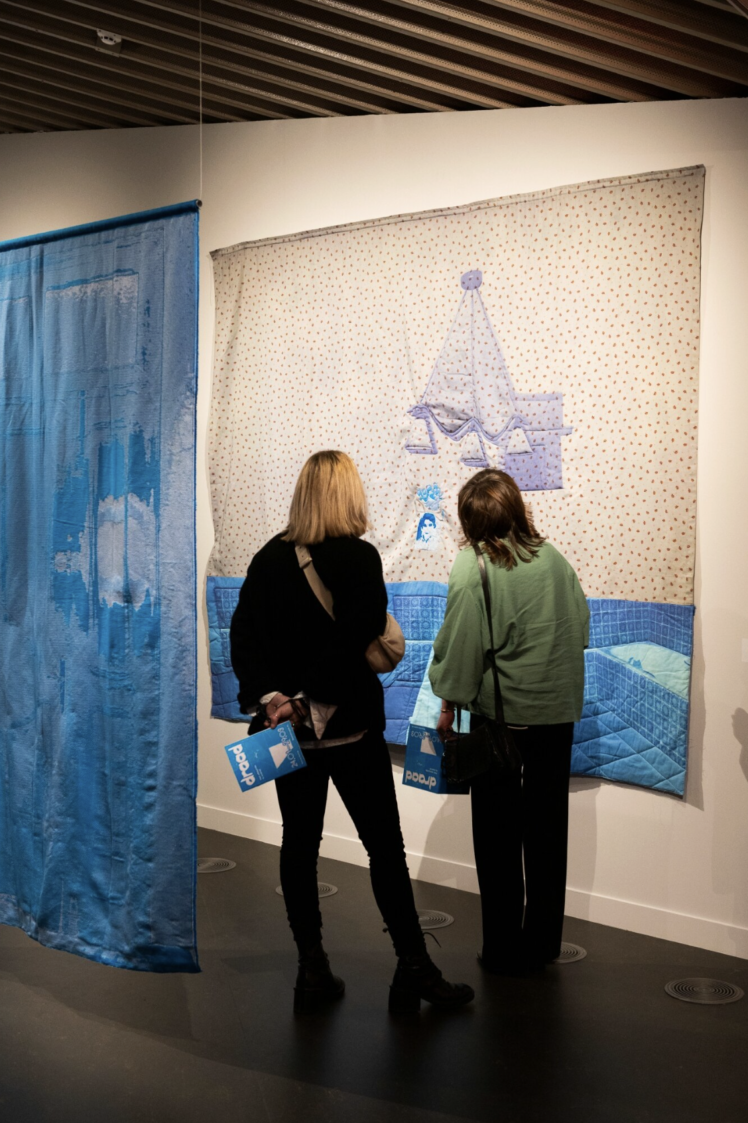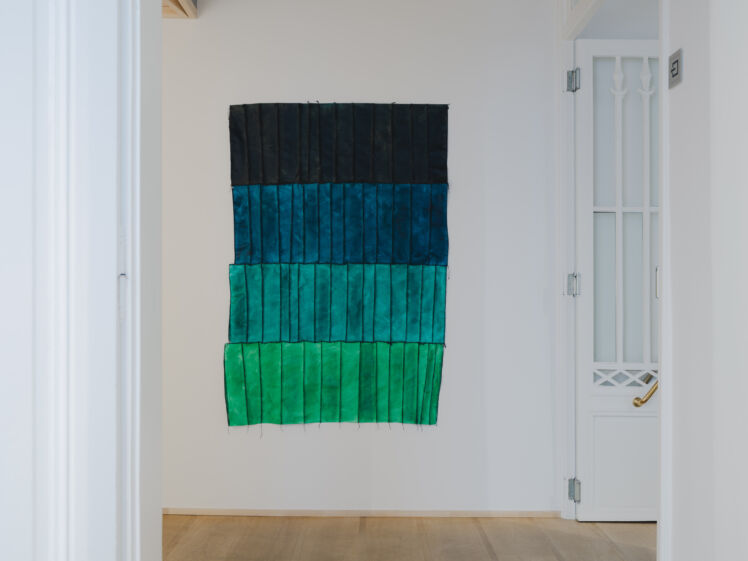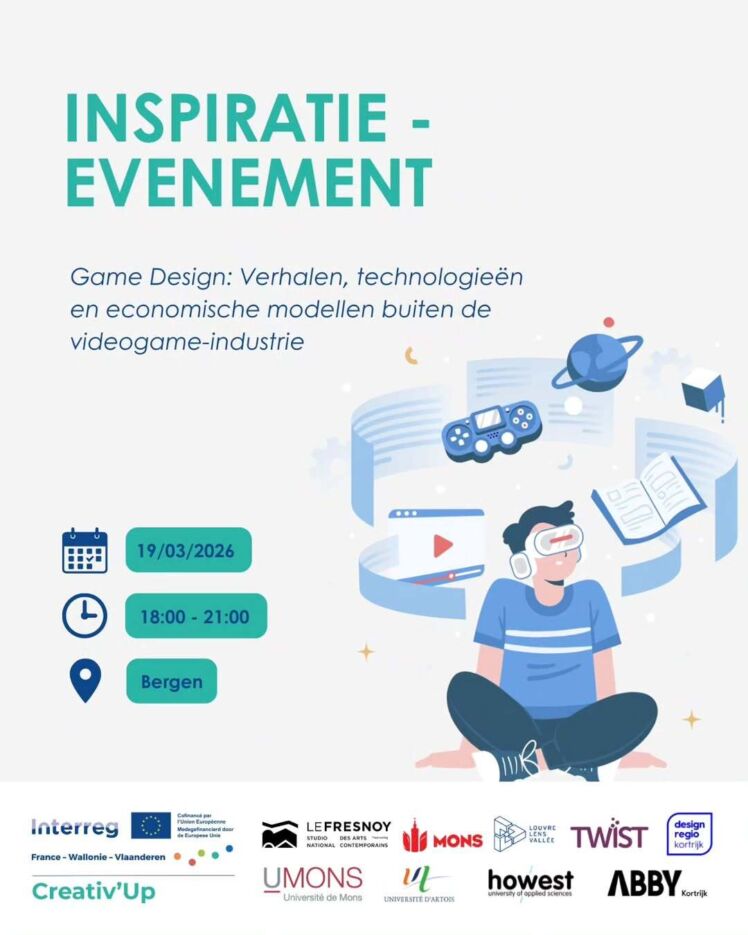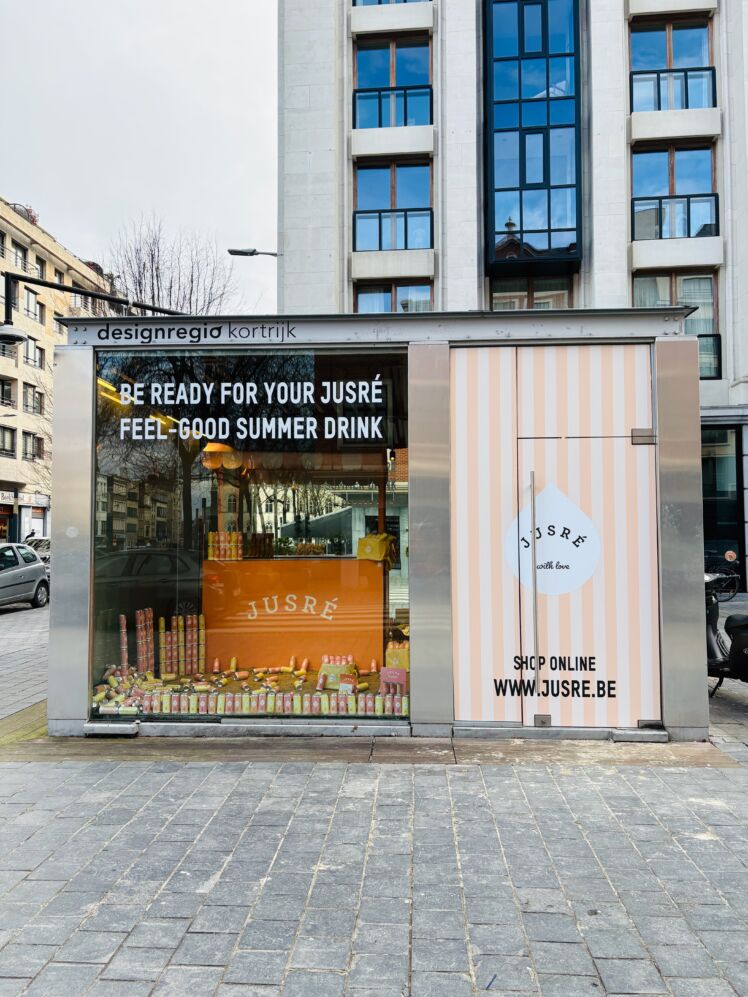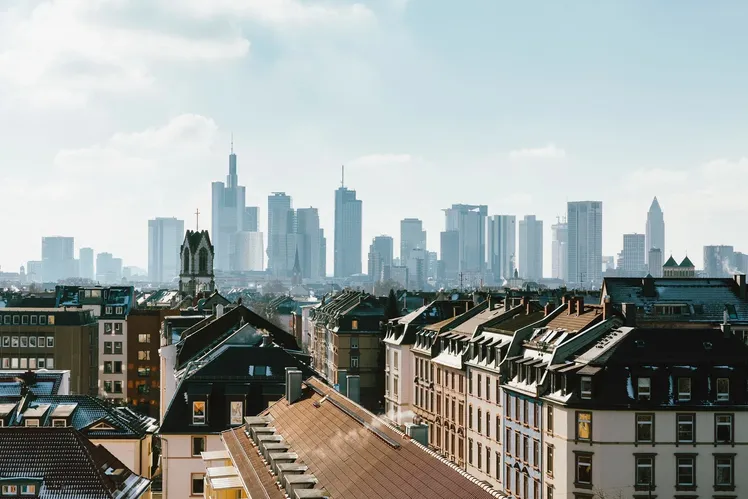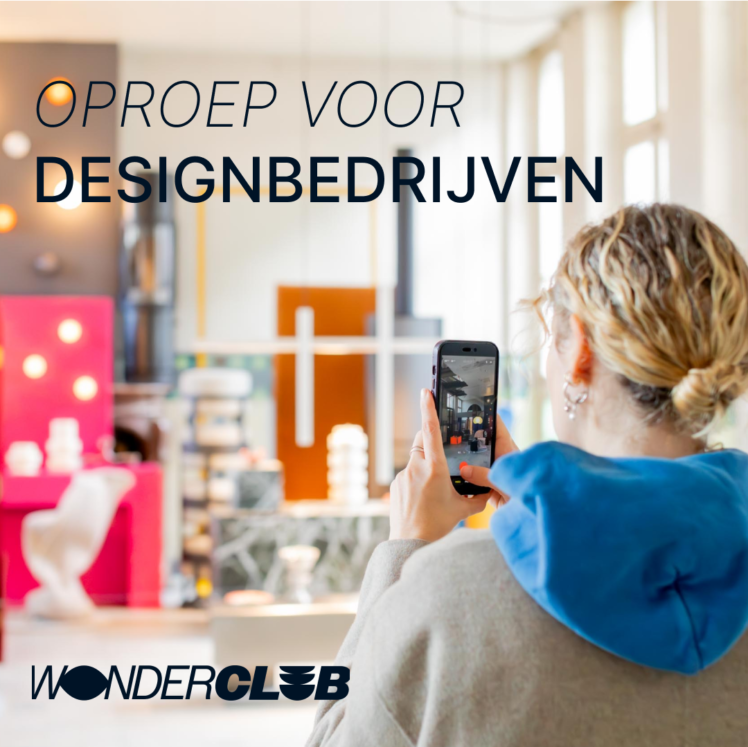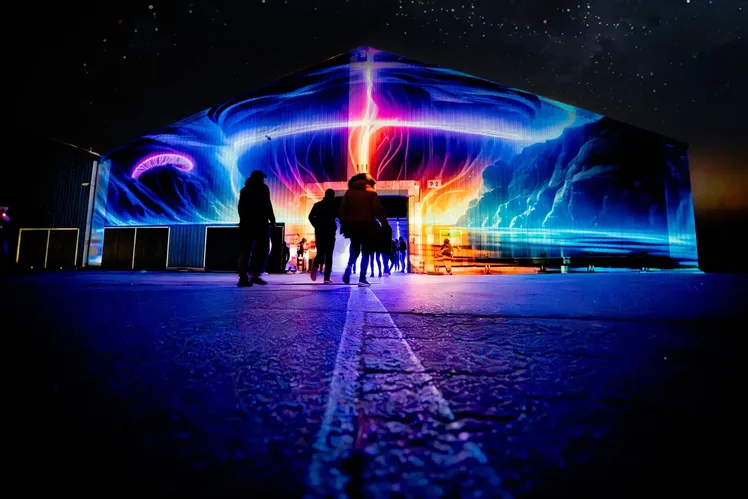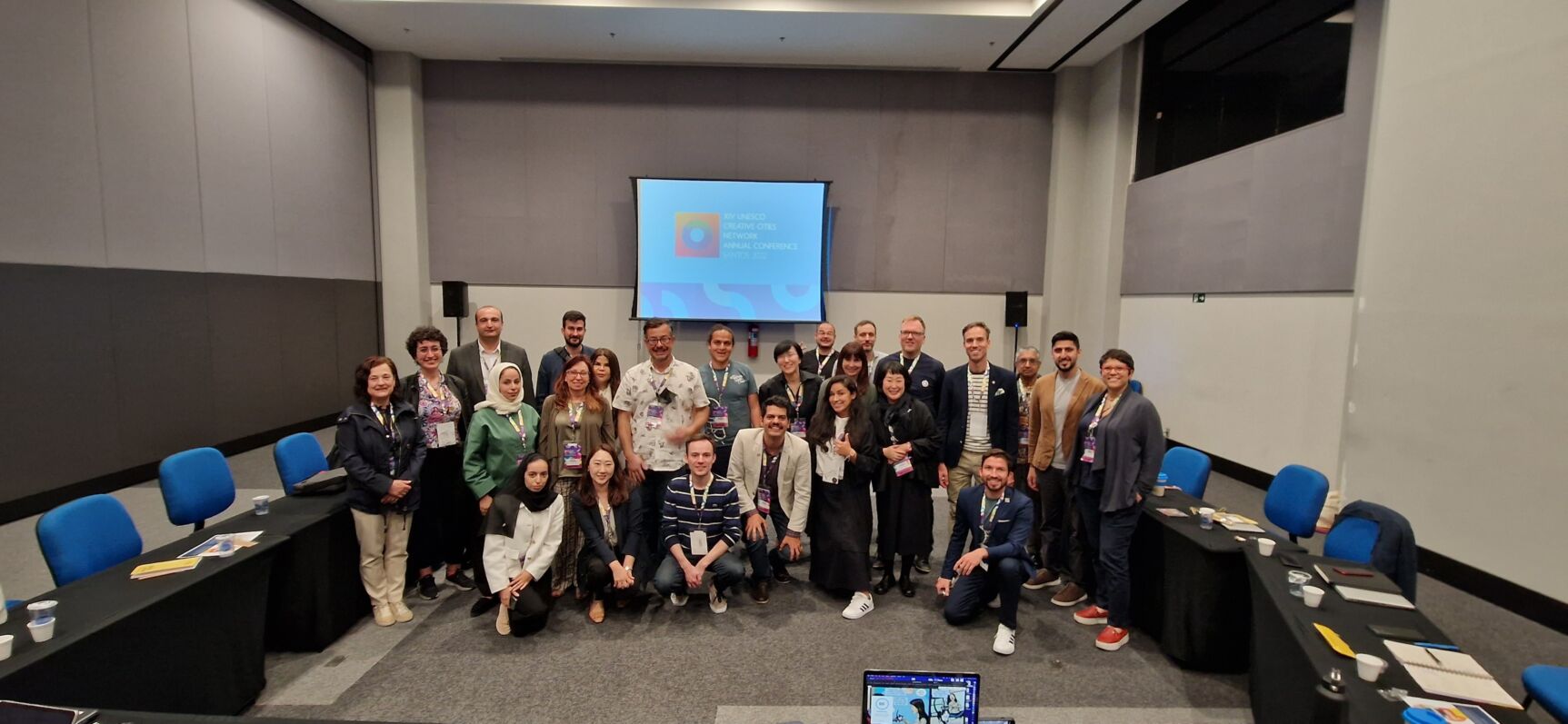
UNESCO Creative Cities Network Annual Conference in Santos
In July, Stijn travelled to Santos (Brazil) for the Annual Conference of the UNESCO Creative Cities Network.
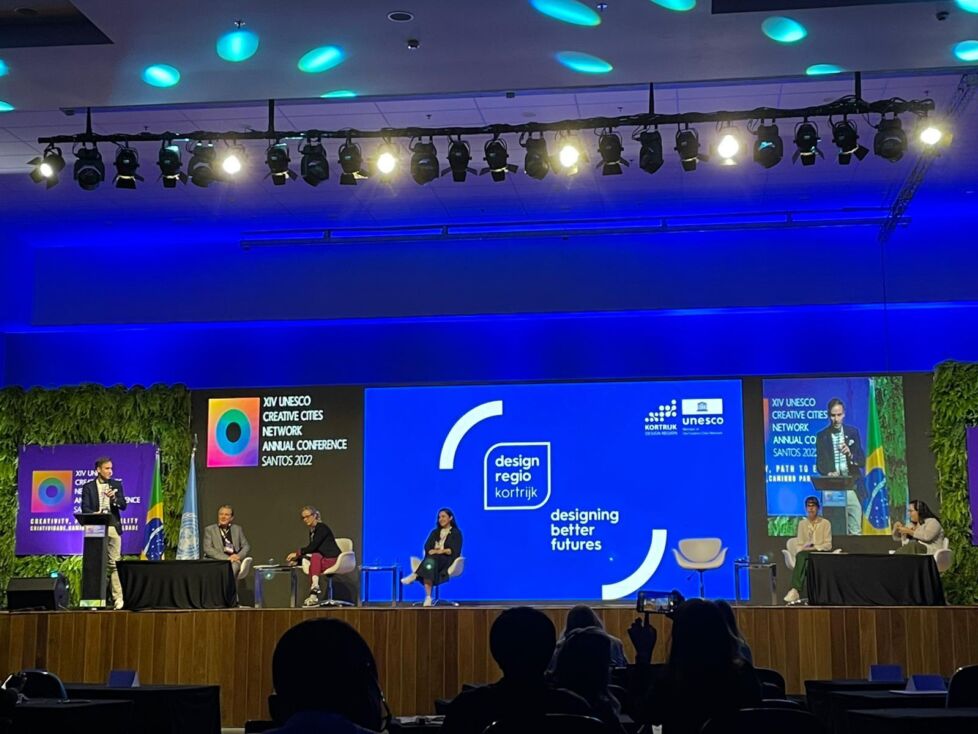
Since 2017 Kortrijk has been part of the UNESCO Creative Cities Network. A total of 295 cities are using creativity to develop themselves sustainably. At the end of July, representatives of about 150 cities met in Santos (Brazil) to physically meet each other again after 3 years and to inspire each other with methodologies and projects. It was the perfect moment to also meet some of the new cities that will be joining the network in 2019 and 2021.
The Mayor of Santos, Rogério Santos (yes, with the same name as the city!), put it quite correctly: "There are no ready cities. There is still a lot of work to be done everywhere. It was therefore very contagious to see good examples of how creativity is used to create inclusive cities, tailored to people. So the network is not about creativity for creativity's sake, but about using creativity to leverage a more inclusive society.
In Norrköping (music city, Sweden), they use music to strengthen LGBT+ communities and make the topic discussable. In Alba (gastronomy city, Italy), children get workshops from chefs on how the vegetable garden works. Łódź (City of Cinema, Poland) developed a tendering methodology to reduce the ecological footprint of filmmaking, because apparently, one day of filming has the same impact as a transatlantic flight. In Milan (literature city, Italy), they set up VR workshops for children to increase their readership. In Viborg (media city, Denmark), they encourage children to keep drawing because it helps creativity and imagination. In Istanbul (design city, Turkey), a rundown residential area is being upgraded to an inclusive neighbourhood by integrating a museum, bar, restaurant and theatre hall.
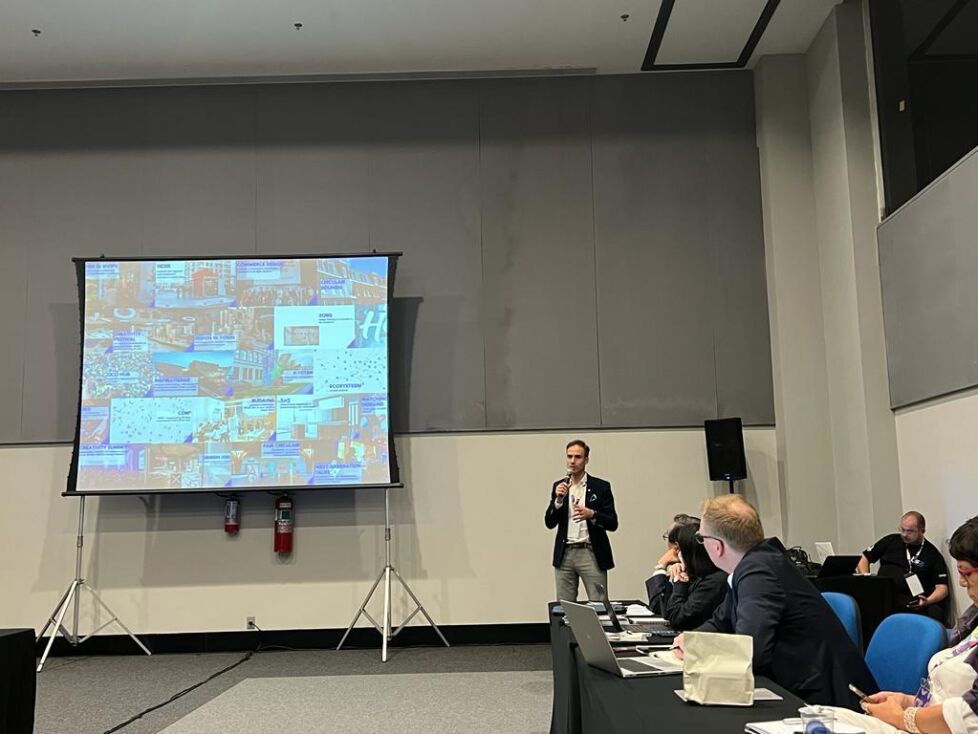
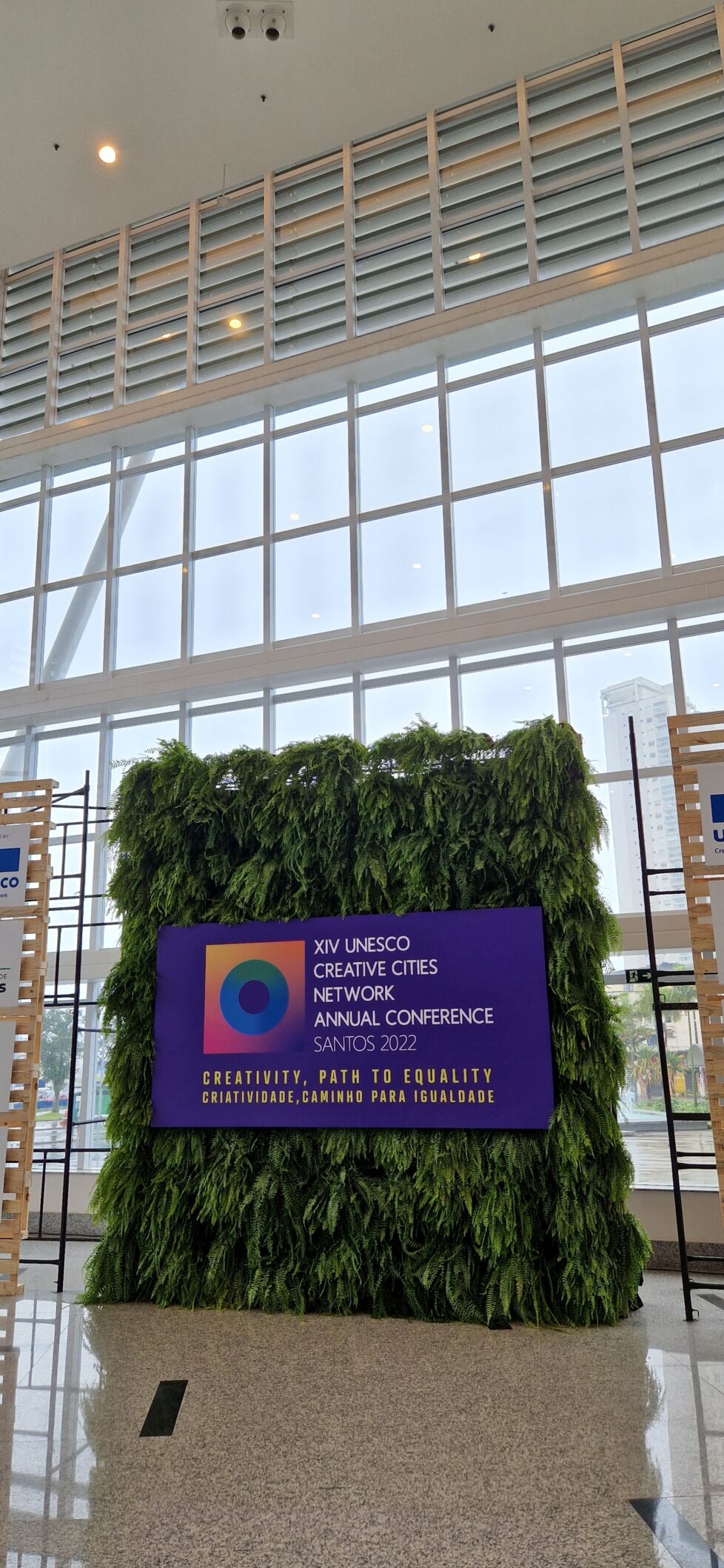
Naturally, we also positioned Kortrijk as a city that invests heavily in creativity and innovation. With strong project cases of the Kiosk, the Circular Co-creation Hub and the Public Space Design Guide, we showed that we also have a lot to offer.
Now that we are able to travel again, the transfer of knowledge between the cities can run more smoothly. This exchange of expertise is important in order to create a return on the amount of time we invest in this network. But it also makes us think about the environmental impact of such events. This is in any case a major challenge for global networks. How do we find each other as efficiently as possible, with the lowest possible ecological footprint? As resilient design cities, we will certainly find a good answer to that!
With thanks to the Flemish UNESCO Commission for the financial support.


